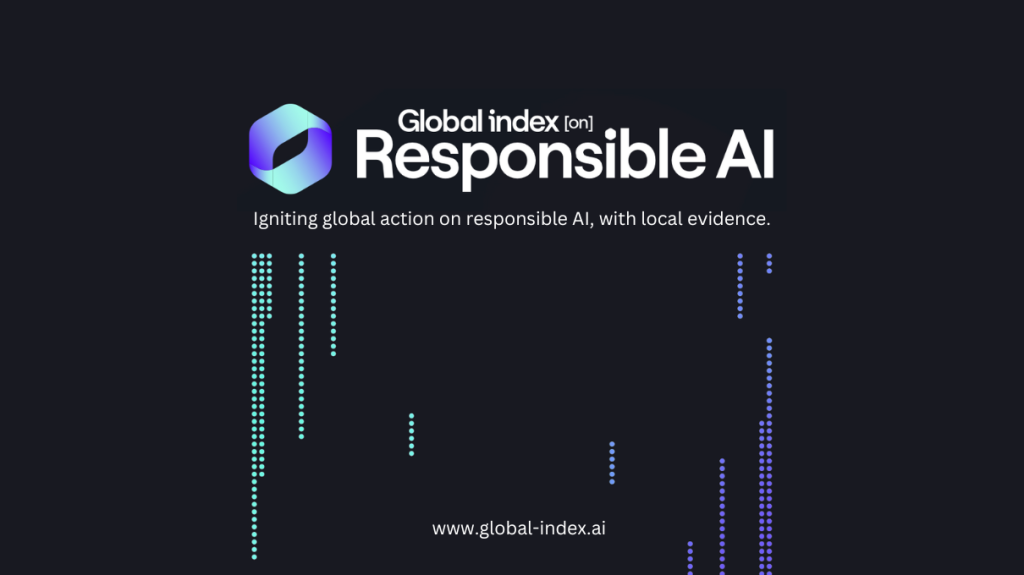Although we are aware that the problem of transparency and accountability of automated decision making is much broader than just governments – citizens relations, we have decided to limit ourselves only to those examples of ADM (Automated Decision Making) in which this technology influences the citizens’ well-being.
This report is focusing on the use of automated systems which aid decision-making in government – citizen relations in the targeted countries: Czechia, Hungary, Kosovo, and Poland.
Although there are new examples of ADMs being used in the public sector, we have not seen a spike in the last two years. The situation is similar with the regulation of transparency of technological tools and the implementation of policies and strategies. The EU governments included in this study seem to be waiting for the final AI regulation, while neglecting to create a transparent framework for simpler algorithmic tools. The situation is similar in Kosovo, where, despite being highlighted in the last report in 2021, work on regulating the transparency of ADMs has not begun.
Again – as in 2019 – we single out those systems that work in the judiciary. These are extremely important, precisely because the systems we have identified for allocating judges to cases have an impact on the right to a fair trial.
While there are no examples of such systems to assist judges in sentencing, there are case-assignment systems that require appropriate procedures to ensure a fair trial. In Poland, access to the common courts’ Random Case Allocation System algorithm was gained after years of litigation, but the Ministry of Justice resists releasing the source code. In Hungary, a similar tool exists but is only partially applied by the Metropolitan Court of Budapest. In Kosovo, the Informative System for Case Management is used in all judiciary cases, and there is a systemic and independent control of its implementation. The Norwegian Judicial Administration monitors the implementation of the project and offers qualified expertise related to its implementation.
The report suggests the need to introduce mechanisms to ensure greater transparency and the possibility for competent, independent auditors to monitor the use of these tools in Poland and Hungary, given the problems with the rule of law in those countries.
We also present other examples of the use of ADMs. Interestingly, most of the systems we have identified are aimed at improving state control over citizens. Whether it be a question of speed control, the use of facial recognition systems, or, finally, tools to control citizens’ bank accounts.
For more please read the full report in English, Albanian and Serbian.
Read the respective recommendations on its own English, Albanian and Serbian.
This project is co-financed by the Governments of Czechia, Hungary, Poland and Slovakia through Visegrad Grants from International Visegrad Fund, as well the Ministry of Foreign Affairs of the Republic of Korea. The mission of the fund is to advance ideas for sustainable regional cooperation in Central Europe.









